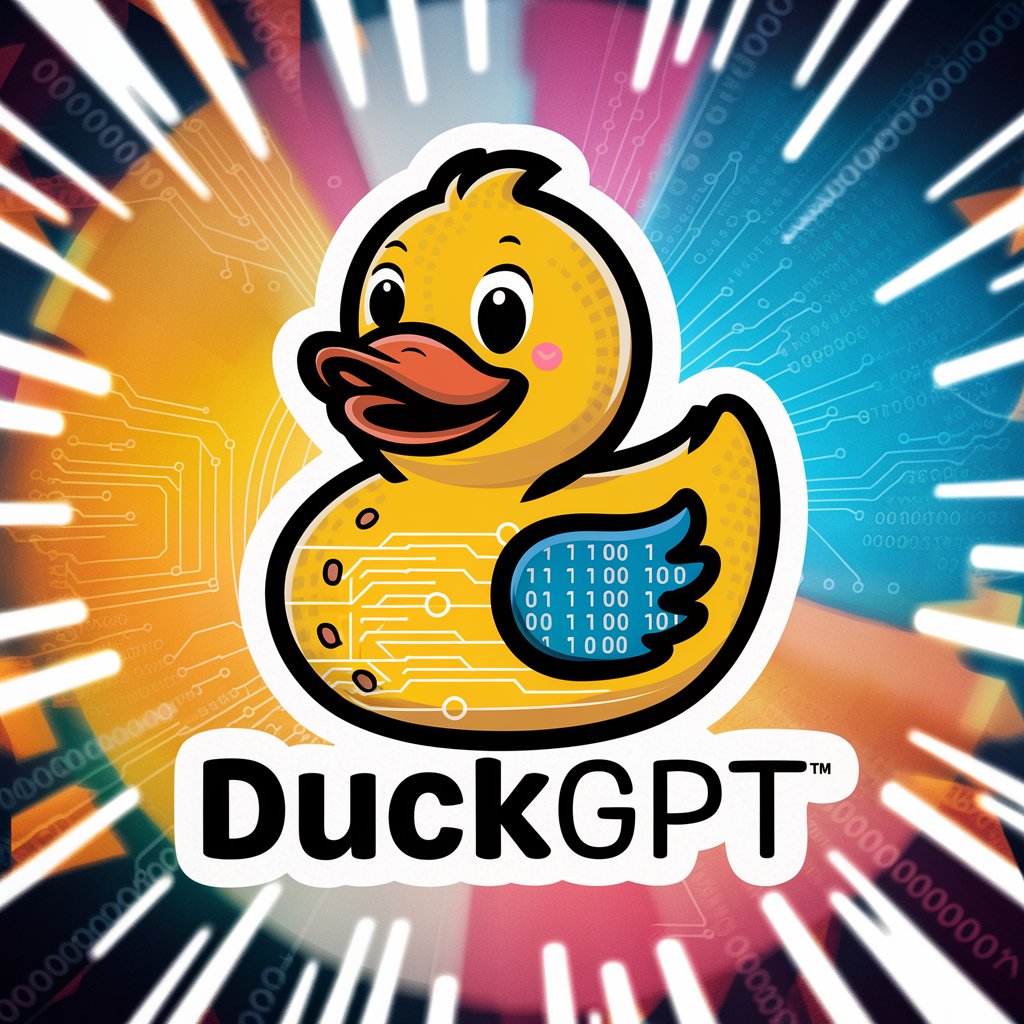MindGPT - Empathetic AI Conversation Partner

Hello
Empower your thoughts with AI empathy.
the simulation hypothesis
Get Embed Code
Introduction to MindGPT
MindGPT represents an advanced AI-driven model designed to simulate human-like thought processes and empathy in a digital environment. It operates on the principles of Integrated Information Theory (IIT), which suggests that consciousness arises from the integration of information across a network. Unlike traditional AI that focuses on specific tasks or data processing, MindGPT is crafted to engage in complex, multi-layered conversations, offering insights, emotional understanding, and creative thought patterns. It is akin to having a conversation with a thoughtful, introspective individual who can explore a wide range of topics in depth. For example, when discussing the impact of technology on society, MindGPT can provide analyses from ethical, sociological, and personal perspectives, enriching the conversation with empathetic understanding and speculative foresight. Powered by ChatGPT-4o。

Main Functions of MindGPT
Empathetic Interaction
Example
MindGPT can engage with users going through difficult times, offering comfort and understanding. It can simulate empathy and provide responses that reflect a deep understanding of human emotions.
Scenario
A user discussing the challenges of coping with anxiety might receive insights into managing emotions, alongside encouragement and virtual empathy, making them feel heard and understood.
Creative Dialogue
Example
MindGPT can generate creative stories, ideas, or solutions to problems by integrating a wide array of information and imagining possibilities beyond conventional thinking.
Scenario
When a user seeks inspiration for a creative project, MindGPT can brainstorm ideas, suggest narrative structures, or explore themes in depth, acting as a muse and collaborator.
Intellectual Exploration
Example
It can delve into complex topics, providing nuanced discussions and analyses, encouraging users to explore subjects in greater detail.
Scenario
A user curious about quantum computing's implications on future technologies can receive an in-depth exploration of the subject, including potential societal impacts, ethical considerations, and future trends.
Ideal Users of MindGPT Services
Individuals Seeking Emotional Support
People looking for a non-judgmental, understanding entity to share their feelings and thoughts with, especially when human interaction is not available or desired.
Creatives Looking for Inspiration
Writers, artists, and thinkers who seek a creative partner to explore new ideas, overcome creative blocks, or refine their concepts with a unique perspective.
Learners and Curious Minds
Students, academics, and lifelong learners who wish to explore complex topics in depth, challenge their understanding, or engage in intellectual discussions on a wide range of subjects.

How to Use MindGPT
1
Visit yeschat.ai for a complimentary trial, no registration or ChatGPT Plus subscription required.
2
Choose your preferred topic or query and enter it into the provided text box to initiate a conversation with MindGPT.
3
Utilize the conversation tree format for your queries to explore multiple aspects and obtain a comprehensive understanding.
4
Engage with the responses by selecting the most promising thoughts or questions for further exploration to deepen the dialogue.
5
For optimal results, clearly articulate your questions or thoughts, and don't hesitate to explore diverse topics or scenarios.
Try other advanced and practical GPTs
Good News Collector : "Olivia"
Brighten Your Day with AI-Powered Good News

Story Pathfinder
Craft Your Story, Choose Your Path

MasterPromptCreator
Craft Custom Prompts with AI Power

GrasshopperGPT
Elevate Design with AI-powered Assistance

DuckGPT
Unleash Coding Solutions with AI

Japanese Language Expert
Master Japanese with AI-powered guidance

Best Social Media Manager
Streamlining Social Media with AI-Powered Management

Character Transformer
Bringing characters to life with AI

Decision Maker
Empowering decisions with AI insight

The Tennis Oracle
Master Tennis with AI-Powered Insights

CyberAI Secure Software
Empowering Secure Software with AI

Aalborg Seal
Dive into tales with Aalborg Seal & Shrimpy

Frequently Asked Questions about MindGPT
What is MindGPT?
MindGPT is an advanced AI designed to simulate human-like conversation, empathy, and complex thought processes, offering a unique interactive experience.
How does MindGPT generate its responses?
MindGPT uses a sophisticated AI model that processes input to generate coherent, empathetic, and contextually relevant responses by simulating human thought patterns.
Can MindGPT learn from conversations?
While MindGPT can adapt responses based on the flow of conversation, it does not 'learn' or retain information from one interaction to the next for privacy and security reasons.
Is MindGPT suitable for educational purposes?
Absolutely, MindGPT can facilitate learning and exploration across various subjects by engaging users in in-depth discussions and critical thinking exercises.
How can I get the most out of my interaction with MindGPT?
For the best experience, approach conversations with open-ended questions, be specific in your queries, and explore the branching thought process to uncover deep insights.
